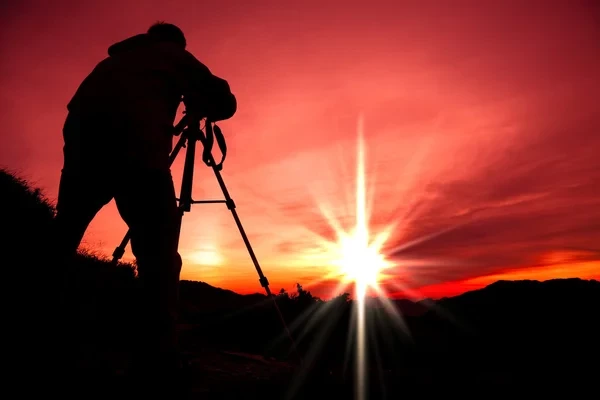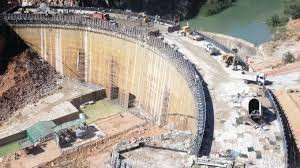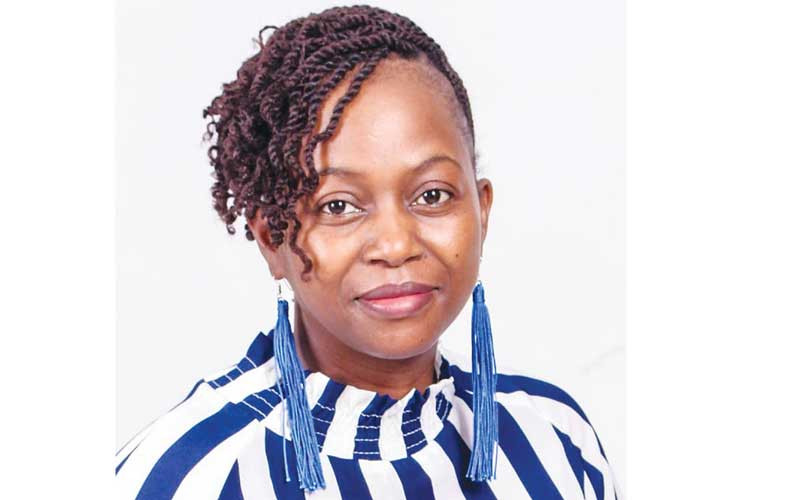
EXPLORING the world through photography is a fascinating endeavour that allows individuals to capture unique moments and tell stories through their camera lenses.
One of the most intriguing genres within photography is street photography, which involves capturing life as it unfolds in public spaces.
Enock Matumbure is an avid creative who enjoys the art and practice of street photography.
“The capital of Zimbabwe, Harare, is a vibrant and bustling city with a rich history and culture. I love photographing the city’s mix of old and new architecture, as well as the hustle and bustle of daily life,” he told NewsDay Life & Style.
“Harare is also a city of contrasts. It is a modern city with skyscrapers and shopping malls, but it also has traditional African neighbourhoods and market stalls. This diversity is one of the things that makes Harare such an inspiring city to capture.
“The people also inspire me. They are resilient and resourceful, and they have a deep love for their city. I am always impressed by the way we come together to support each other in times of need.”
Matumbure said he started out taking pictures of people in his neighbourhood.
“I would just walk around and look for interesting things to photograph. I kept at it and eventually, I started to get the hang of it,” he said.
“I learned how to blend in with the crowd and how to capture those fleeting moments of everyday life. I also learned how to use the elements of composition to create powerful and evocative images.”
He loves the challenge of street photography and the feeling of capturing a moment for posterity.
“It is a way to document the human experience and to share stories from the world around us. Street photography is all about capturing candid moments, so it is important that I be discreet and not draw attention to myself which can be difficult, especially in crowded areas,” he noted.
“Another thing is finding interesting compositions. The streets are full of potential compositions, but it can be difficult to find the ones that really stand out.”
As he captures the moments, Matumbure is always respectful of people’s time and specific about what he will be looking for.
“It is important that I immerse myself in an environment for me to tell a better story or narrative. Most importantly, I do not give up especially if someone says no the first time. In any case, I am guided by the media laws in Zimbabwe,” he said.
“I am also diligent. Sometimes the smallest details can tell the biggest stories. I look for things like facial expressions, body language, or objects that can give clues about what is going on in the scene.”
When capturing images, Matumbure said he considered the impact the photograph would have on the on the person.
“If the photograph is likely to be embarrassing or humiliating, I avoid taking it, but I usually seek consent before publishing. Even if it is legal to photograph someone without their consent, especially in public spaces, it is important that I consider their privacy,” he noted.
“My inspiration comes from things that are outside photography. It is an amalgamation of the books I read, the music I listen to, the places I visit and the interactions I have with people and other creatives, because trends come and go, but experiences do not.”
Matumbure acknowledged that the advent of smartphone photography has made it possible for anyone to take high-quality street photographs.
He noted that this has led to a wider range of photographers, different perspectives and experiments with street photography, and to a more diverse range of images.
“I have been mentored throughout my photographic journey. They have played a vital role in helping me learn and grow as a photographer. Though he might not be a street photographer, Steven Chikosi’s work has a huge influence on how I approach my creative process,” Matumbure said.
“I have high regard for his work and work ethic. He has also been a mentor to me and very pivotal in giving feedback and constructive criticism.”







